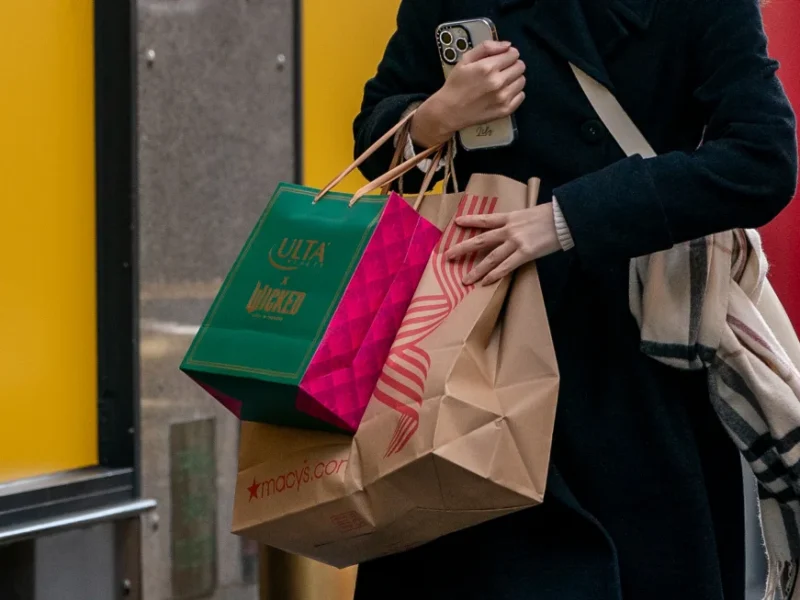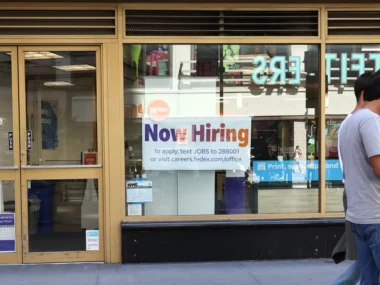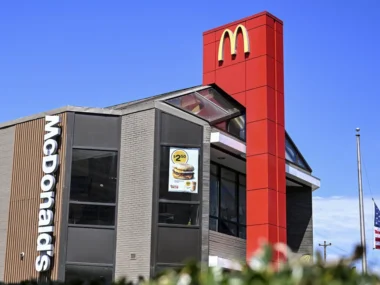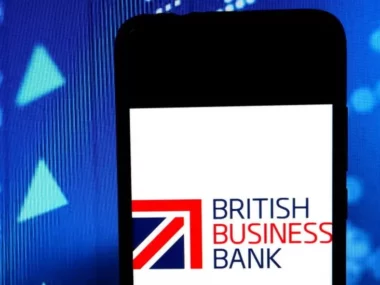During times of uncertainty, impulse buying becomes more tempting.
Social media has long encouraged this behavior—whether it’s a quick trip to Target, clicking an Amazon affiliate link, or chasing the latest product releases.
Now, many Americans, particularly female content creators, are resisting overconsumption by committing to buy less—or nothing beyond essentials. Some have also vowed not to replace items until they are completely used up. This movement has led to campaigns like the “No Buy 2025 Challenge” and “Project Pan.”
While mindful spending has always had its followers, trends like Project Pan—where people finish beauty products before purchasing new ones—have gained renewed interest in January. Many are embracing low- or no-spend lifestyles, partly in response to economic policies proposed by the Trump administration. Trump, who campaigned on promises to lower prices, stated in August 2024, “When I win, I will immediately bring prices down, starting on Day One.”
Despite these assurances, many Americans remain unconvinced about economic improvement.
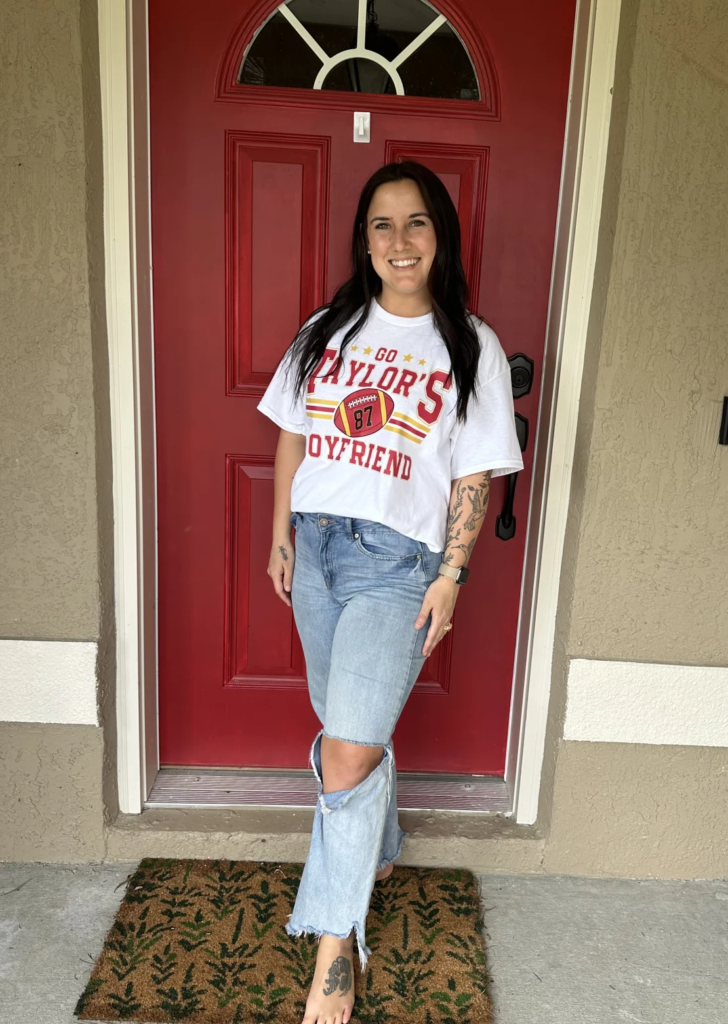
Rylee Marcum, a stay-at-home mom from Florida, joined No Buy 2025 to better manage her daily expenses.
Rylee Marcum, a stay-at-home mom in Central Florida, is fully committed to No Buy 2025 and has no plans to opt out this year. Her family of six isn’t saving for a major purchase but is focused on covering essential expenses like bills, groceries, and household necessities. Through this challenge, they manage to save around $100 per week.
Marcum cited the new administration as a key motivator for her participation. “I don’t want us to contribute to Trump’s economy,” she admitted. “That’s just a petty reason… but I honestly don’t see things improving and I’m worried about the future.”
The focus on mindful spending remains strong.
Consumer confidence declined for the second consecutive month in January, according to The Conference Board, highlighting concerns about both the current economy and future policies under the new administration.
This reflects ongoing worries about inflation.
Grocery prices continue to climb—eggs are nearing record highs due to an aggressive avian flu strain, while coffee costs have surged despite Trump retracting a 25% tariff threat on Colombia. Beef and orange juice prices are also rising. Meanwhile, the White House confirmed a 25% tariff on Mexico and Canada, along with a 10% duty on China.
For Marcum, No Buy 2025 means cutting back on salon visits and dining out. Her family now reserves movie outings for special occasions and takes advantage of free activities like parks and libraries. She simply “can’t afford” impulse purchases at Target and Marshalls anymore.

Sabrina Pare is budgeting for her first child and a home upgrade in Detroit.
Sabrina Pare, a Detroit resident expecting her first child this year, has also joined No Buy 2025.
“It’s crucial to start buying less now and develop the habit of using what we already have or finding second-hand options because I believe prices will continue to rise,” Pare explained.
Finding control
Gen Z and millennials are increasingly drawn to brands that reflect their values. Coupled with economic uncertainty, this often leads to unplanned spending.
These trends align with the broader underconsumption movement, which arose as a pushback against influencers constantly promoting new products.

Rebecca Sowden shared that adopting a low-spend lifestyle has helped her save thousands.
Rebecca Sowden, a 27-year-old from Corona, California, explained that the rising costs of products and current events have pushed her to control her personal spending. This year, she aims to max out her retirement accounts, save to live in the same city as her English husband, and pay off her car loan. Through her no-spend pledge and content-creation side gig, she saved $4,272 in January.
Sowden finds the challenge easier in January, as the current administration “fuels her fire,” reducing her desire to support companies that don’t align with her values.
“I think I’m saving money — which is good — because spite is a great driving force,” she said.
Phasion Keel, a South Florida resident, saved $300 in January by cutting out impulsive trips to Dollar Tree, only refilling essential products like lip glosses and body washes, and avoiding “buy now, pay later” programs like Klarna and Afterpay.
The challenge has also led her to explore hobbies outside of shopping.
“Touch grass, because it’s not all about going into stores,” Keel advised. “Go out in the sun and go for a walk — that has been helping me with (not) shopping.”

